Sudanese forces clash in Khartoum after ceasefire talks break down
Sudan's warring parties have clashed in the capital overnight and into Friday morning after the failure to maintain a ceasefire and ease the humanitarian crisis, which was worsened by the US sanctions.
Residents of Khartoum and nearby Omdurman said that the army has resumed air operations and is using more artillery as the clashes continue, but there are no signs that the militant enemy has retreated from the streets of the city and the houses it has occupied.
"We are suffering so much from this war. Since this morning there have been sounds of violence. We're living in terror. It is a real nightmare," said Shehab al-Din Abdalrahman, 31, in a southern district of the capital.
Seven weeks of fighting between the army and the Rapid Support Forces (RSF) has crushed parts of central Khartoum, destabilized the wider region, displaced 1.2 million people inside Sudan, and sent another 400,000 to neighboring countries.
The United States and Saudi Arabia suspended ceasefire talks on Thursday after the failure of a truce brokered by them and banned the sides from occupying homes, businesses, and hospitals, and from carrying out airstrikes and military operations.
According to a senior US official, Washington imposed sanctions on businesses owned by the military and the RSF and threatened more action if the parties continue to destroy their own country.
Sudan's ambassador to Washington, Mohamed Abdallah Idris, said the government and army are fully committed to the ceasefire agreement and any punishment should be applied to the side that does not adhere to its commitments.
Both sides have accused each other of violating the ceasefire.
Since the overthrow of Sudan's longtime ruler Omar al-Bashir in 2019, the Sudanese government has been run by a ruling council under army chief Abdel Fattah al-Burhan and RSF chief Mohamed Hamdan Dagalo, known as Hemedti, as his deputy.
After they went to war on April 15, Burhan said he had removed Hemedti from the council and government departments aligned with the military.
the development comes as Sudan's army and the paramilitary RSF agreed to the truce last month. The two sides had agreed to the ceasefire through the mediation of Saudi Arabia and the United States on May 20. But since then they have violated it on numerous occasions.
On Wednesday, the Sudanese army suspended its participation in the Saudi-backed talks with the RSF to end months of fighting.
Despite peace efforts, fighting continued unabated in the African country, with the army and the RSF trading blame over truce violations.
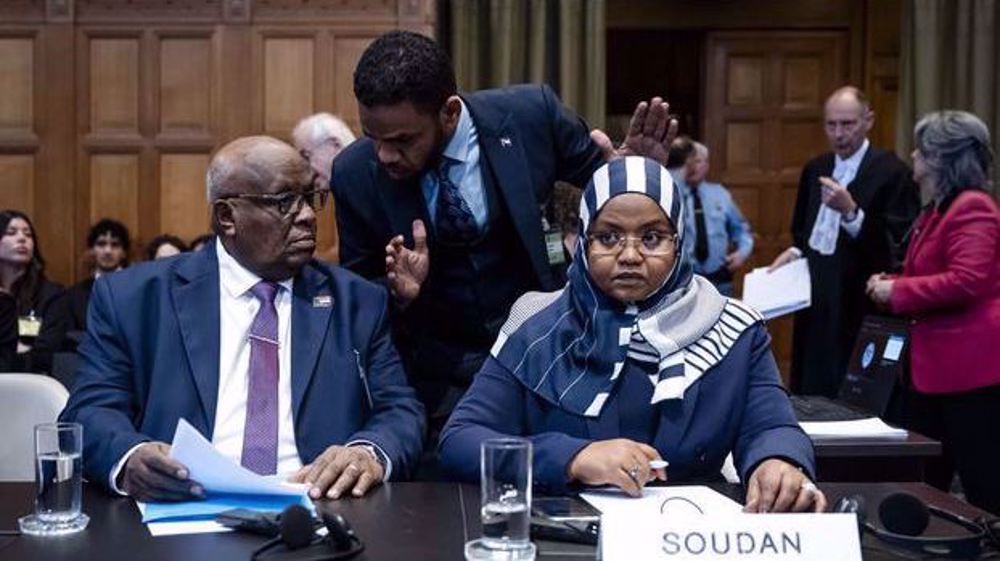
Sudan takes UAE to World Court over 'genocide' in Darfur
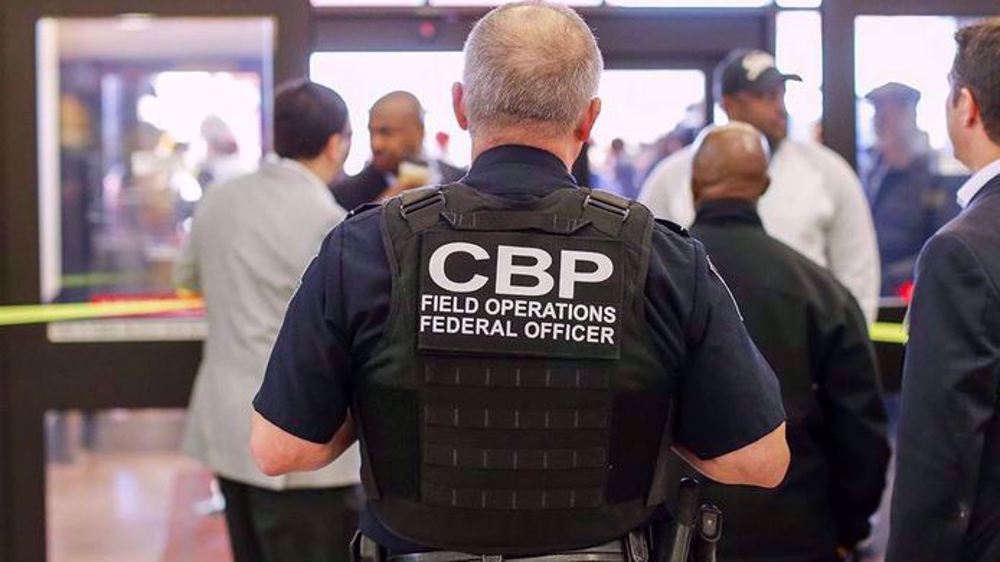
US revokes all visas held by South Sudanese passport holders
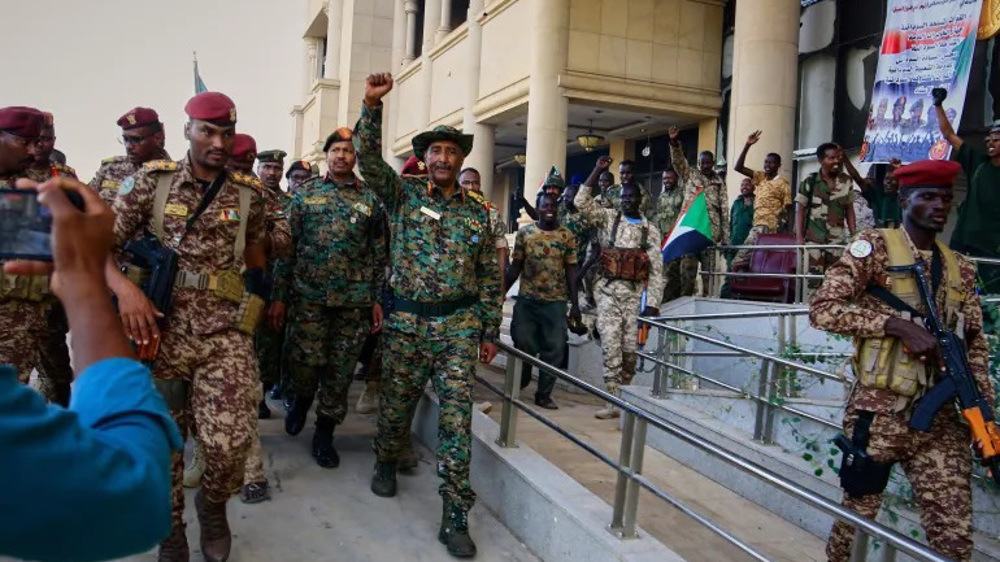
Sudan army takes full control of Khartoum amid RSF defiance
VIDEO | Iran-China-Russia partnership
VIDEO | Press TV's news headlines
Netanyahu’s anger source of joy for us: Ansarullah
Iran, China working resolutely to safeguard mutual interests: Tehran says as FM departs for Beijing
Yemen asserts enhanced military readiness; takes US aircraft carriers under firepower
VIDEO | Iran seeks foreign investment to boost oil, gas sectors
Iran condemns terror attack in India's Kashmir region
After second Signalgate scandal, Democrats call for Hegseth’s resignation


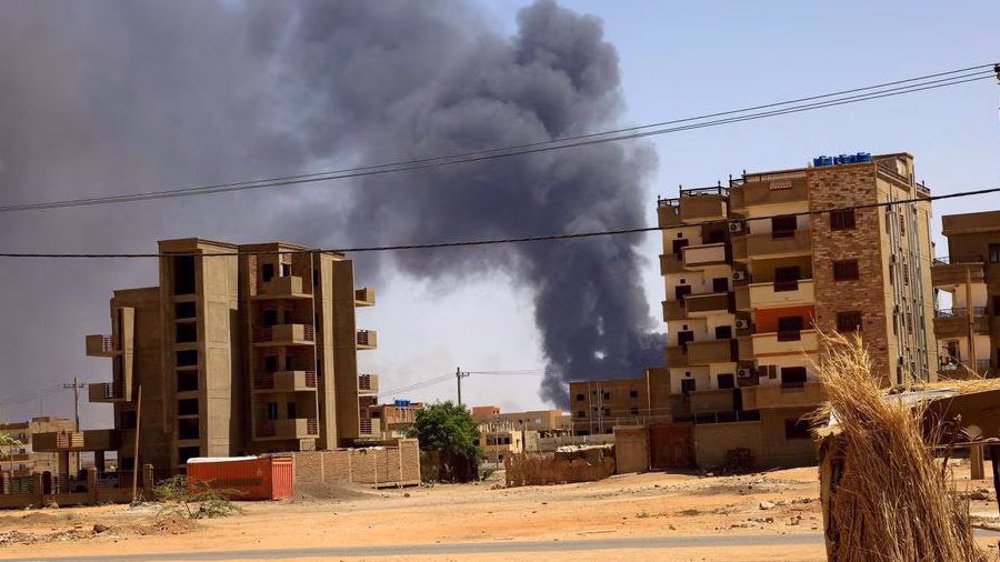



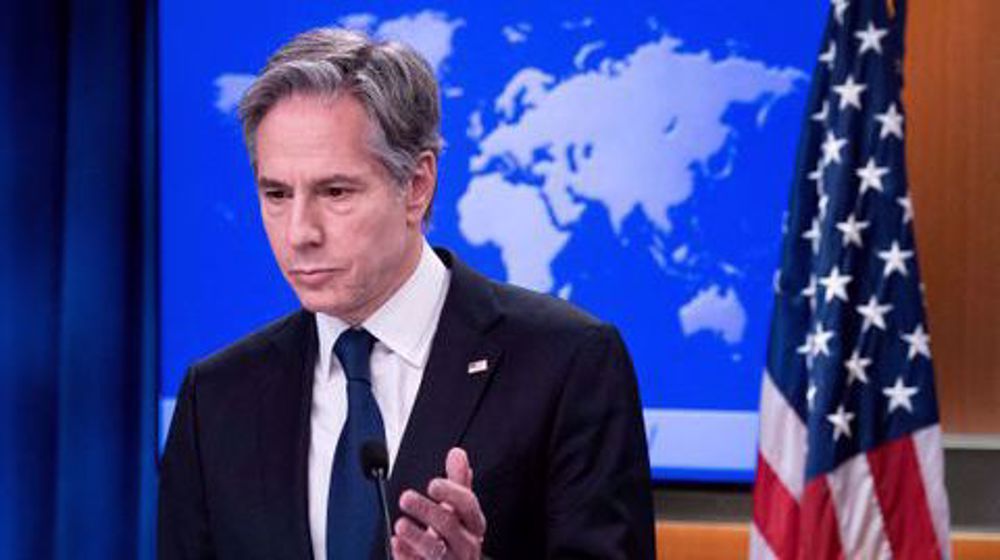
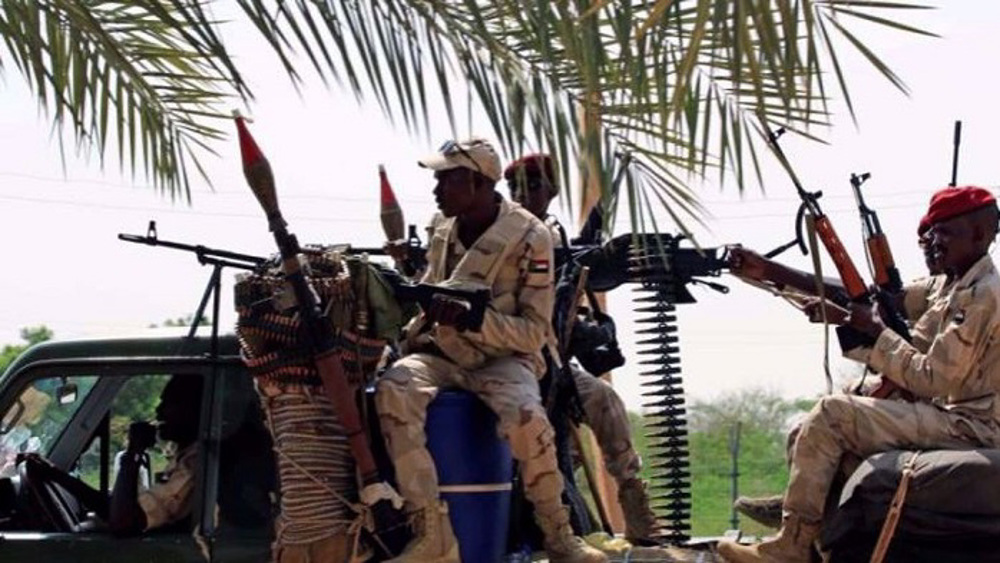
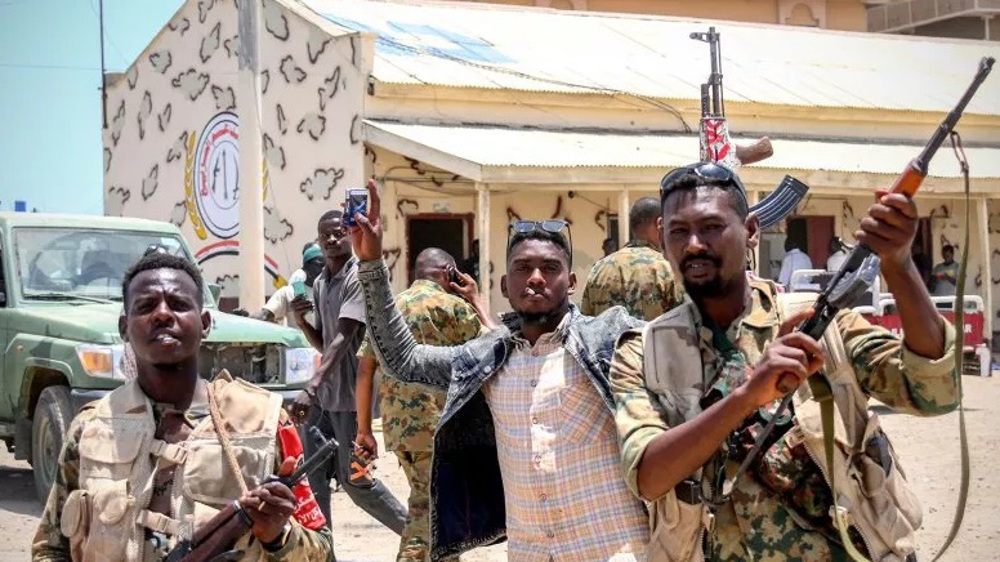
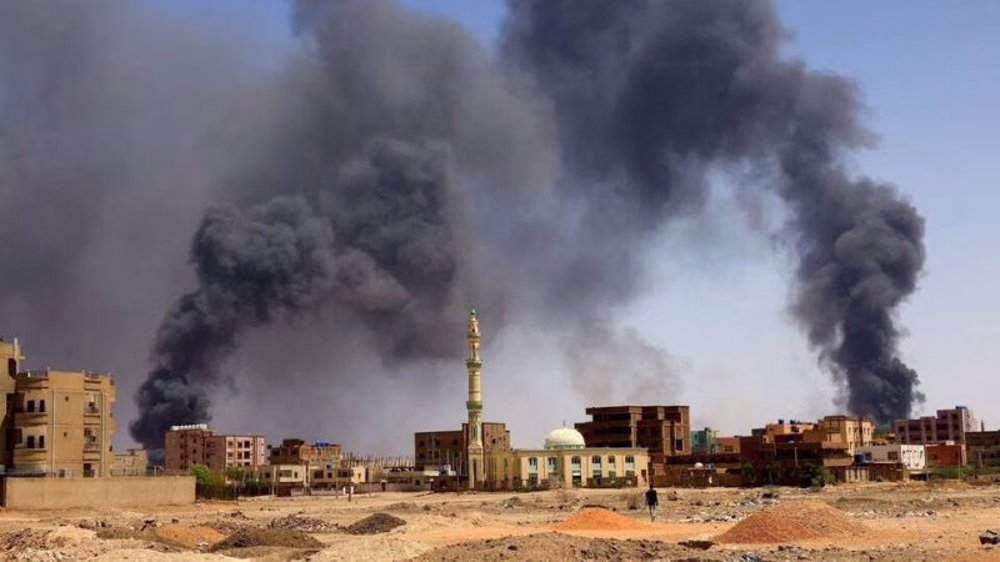
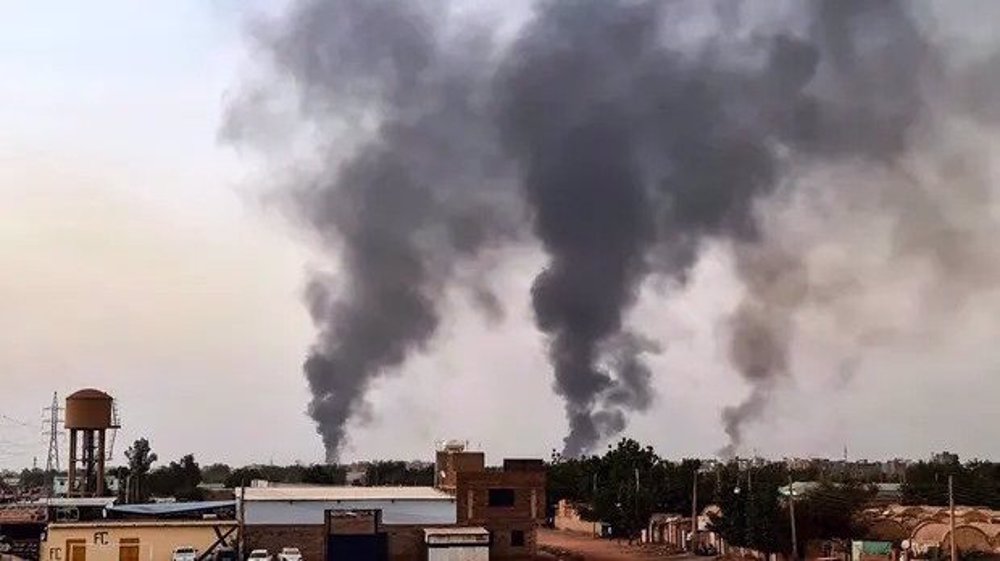

 This makes it easy to access the Press TV website
This makes it easy to access the Press TV website